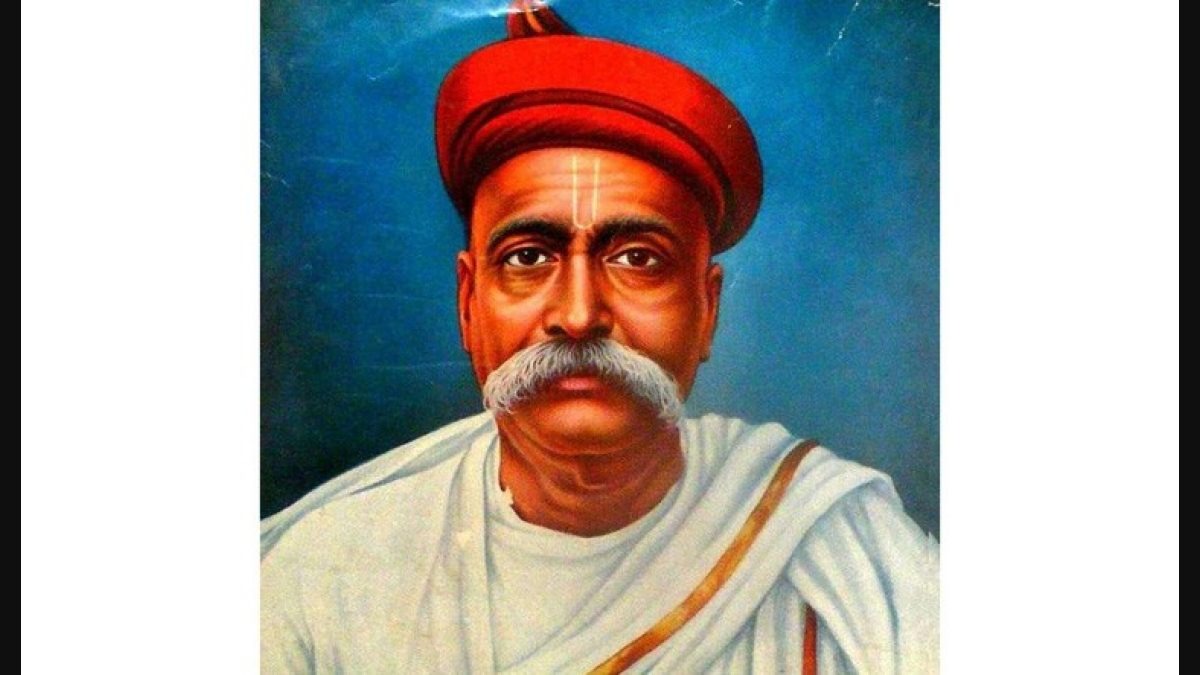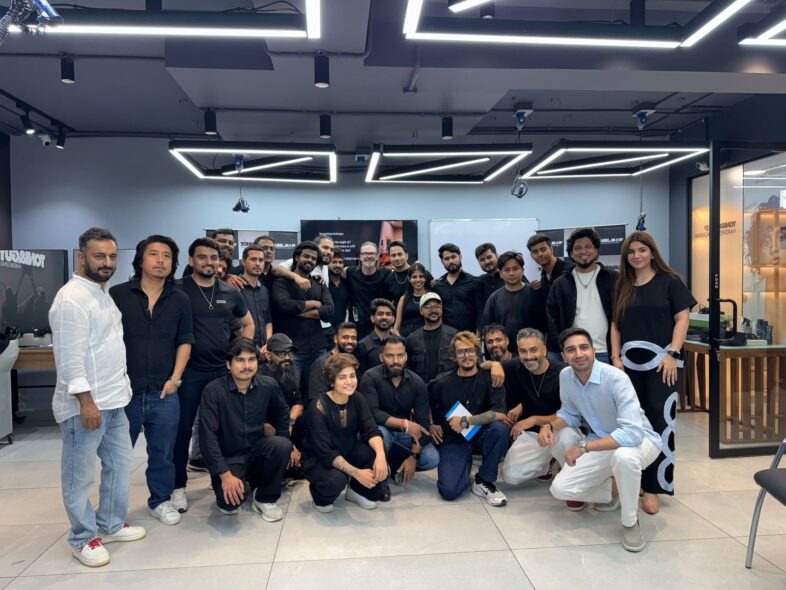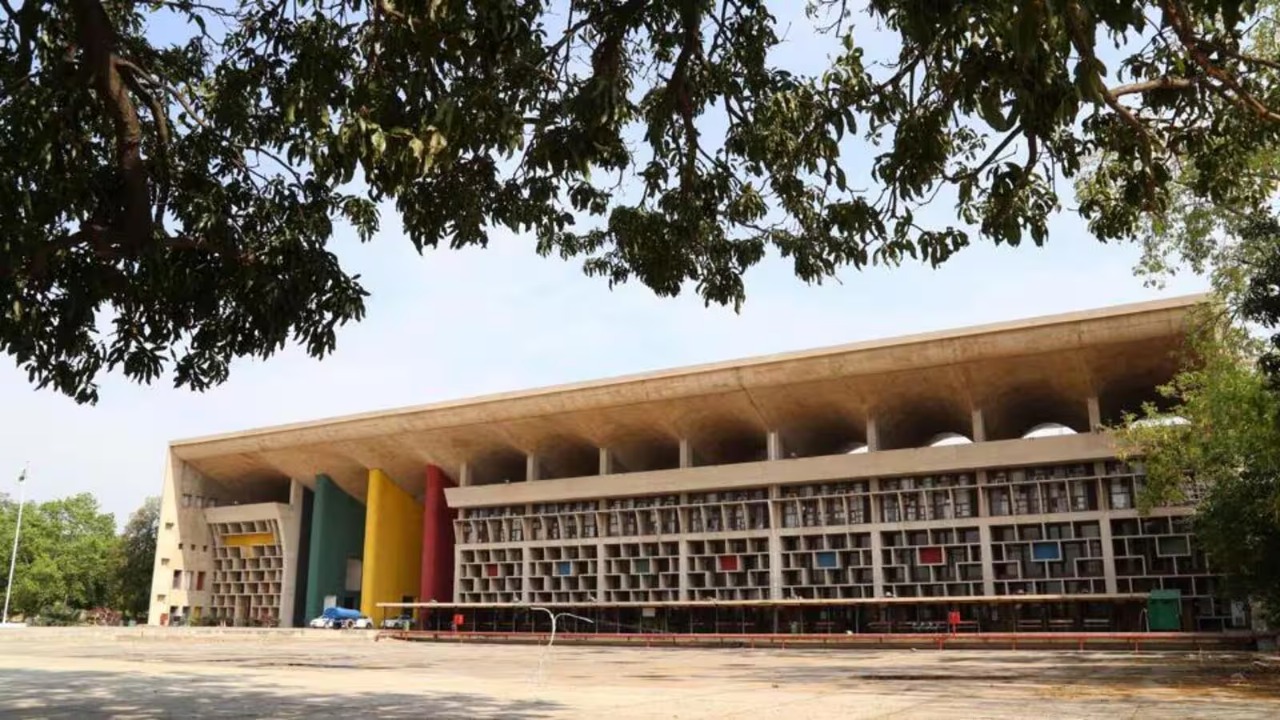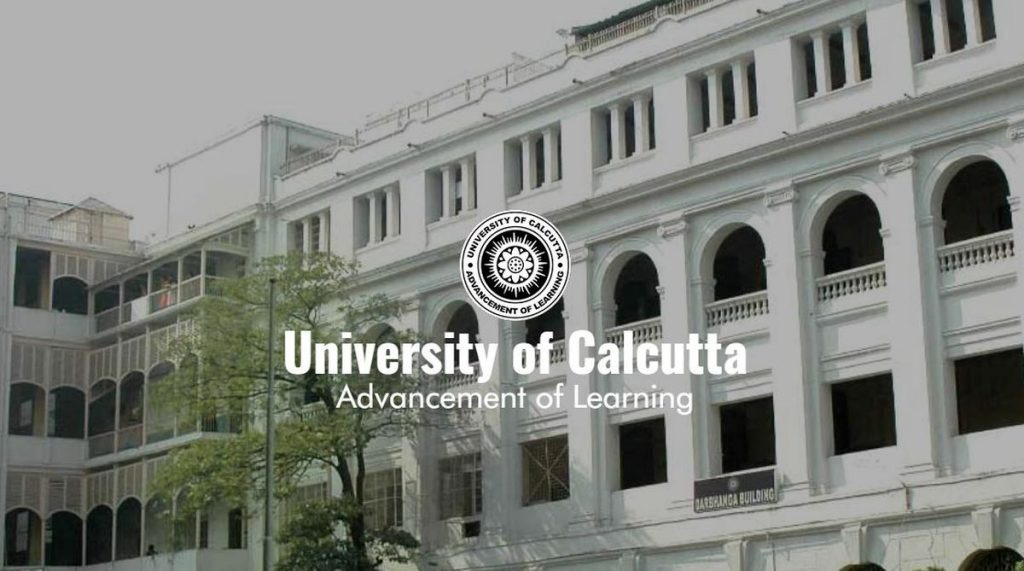 Image Source : The week
Image Source : The week
As India commemorates the legacy of Bal Gangadhar Tilak on his 105th death anniversary, a powerful tribute echoes across academic and political circles: knowledge is the only capital, and Tilak was its Bhishmapitamah. This evocative phrase captures the essence of Tilak’s towering intellectual and ideological contributions to India’s freedom struggle and cultural revival. Revered as Lokmanya, Tilak was not only a political leader but also a philosopher, educator, and journalist whose ideas shaped generations.
This newsletter explores the depth of Tilak’s influence, his belief in knowledge as a transformative force, and why he continues to be remembered as the patriarch of Indian nationalism.
Key Highlights of Tilak’s Legacy
- Tilak was born on July 23, 1856, in Ratnagiri, Maharashtra, and passed away on August 1, 1920
- He coined the immortal slogan: Swaraj is my birthright and I shall have it
- British writer Ignatius Valentine Chirol called him the Father of the Indian Revolution
- Tilak founded the Deccan Education Society and two influential newspapers: Kesari (Marathi) and Mahratta (English)
- He authored seminal works including Geeta Rahasya and The Arctic Home in the Vedas
- He pioneered public festivals like Ganesh Utsav and Shivaji Jayanti to foster cultural unity
Knowledge as Capital: Tilak’s Intellectual Foundations
Tilak believed that true nationalism must be rooted in cultural and spiritual knowledge. He rejected blind imitation of Western models and emphasized the revival of India’s ancient wisdom.
- Advocated Vedanta and Advaita philosophy as the moral foundation of freedom
- Viewed the Vedas and Bhagavad Gita as sources of spiritual energy for national awakening
- Opposed the Anglicisation of Indian society and promoted indigenous education
- Argued that knowledge empowers individuals to resist oppression and build self-respect
His approach was not merely academic—it was deeply political. Tilak used knowledge as a weapon against colonial rule, shaping public opinion through journalism, education, and mass mobilization.
The Bhishmapitamah Analogy: A Patriarch of Nationalism
The title Bhishmapitamah, drawn from the Mahabharata, symbolizes Tilak’s role as a wise elder and moral guide in India’s freedom movement. Like Bhishma, Tilak stood firm in his convictions, even when they invited controversy or imprisonment.
- He led the extremist faction of the Indian National Congress, advocating direct action
- Collaborated with Annie Besant to launch the Home Rule Movement in 1916
- Was imprisoned multiple times for his writings and speeches, including a six-year sentence in Mandalay
- Despite ideological differences, leaders like Gandhi and Nehru acknowledged his foundational role in shaping modern India
Cultural Revival Through Festivals and Print Media
Tilak’s genius lay in his ability to connect intellectual ideas with mass movements. He transformed religious festivals into platforms for political education and unity.
- Introduced Ganesh Chaturthi as a public celebration in 1893 to unite people across castes and regions
- Started Shivaji Jayanti in 1894 to inspire pride in India’s historical heroes
- Used Kesari and Mahratta to expose British misrule and promote nationalist thought
- His writings blended scholarship with activism, making complex ideas accessible to common citizens
Enduring Relevance in Contemporary India
Tilak’s belief that knowledge is the only capital resonates strongly in today’s context of digital literacy, civic awareness, and educational reform. His life reminds us that:
- Intellectual courage is essential for social transformation
- Cultural identity and historical consciousness are vital for national unity
- Education must empower, not just inform
- Leadership rooted in values can transcend generations
Conclusion: Tilak’s Legacy as a Guiding Light
Bal Gangadhar Tilak remains a towering figure in India’s intellectual and political history. His vision of knowledge as capital continues to inspire educators, reformers, and leaders. As India navigates the challenges of modernity, Tilak’s legacy offers a compass—pointing toward a future built on wisdom, courage, and cultural pride.
Sources: Indian Express, The Knowledge Library, IJHSSI Journal, InsightsIAS, SuperKalam
Advertisement
Advertisement







